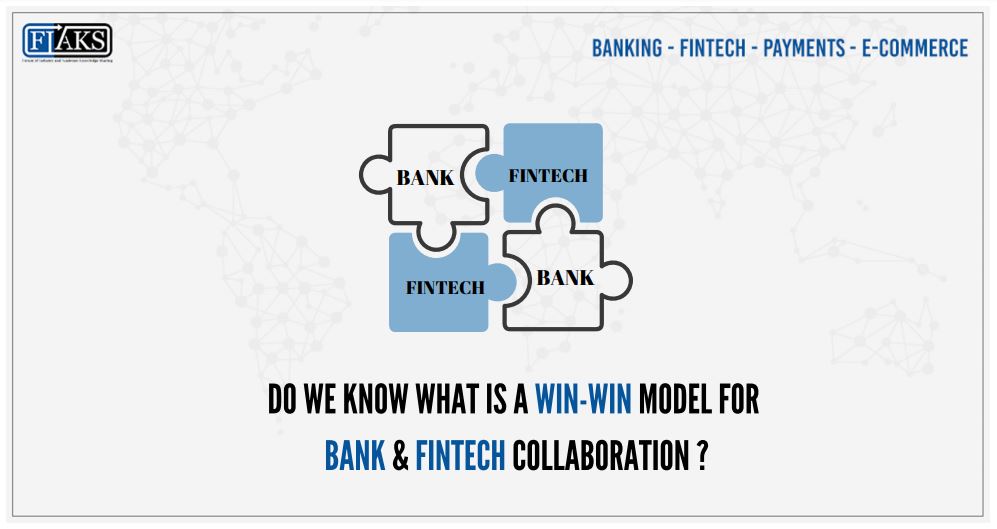Several Founders, Co-Founders, CXO Bankers, CXO Fintech professional & people who participated in the ePanel discussions:
- Mr. Mamallan Mani, Founder at Electronic Payment & Services (P) Ltd
- Mr. Srinivasu MN, Co-Founder, Bill Desk
- Mr. Rahul Chari, Co-Founder of PhonePe
- Mr. Ravi Shankar, Co-founder & CEO, Active Intelligence Pte Ltd
- Mr. Sunil Kulkarni, Joint Managing Director, Oxigen Services (India) Pvt Ltd
- Mr. Rishi Prakash Mantri, Former Senior Vice President (Digital Payment – Solutions & Design, YES Bank
- Mr. Neeraj Chandra, Head of Operations, Abu Dhabi Commercial Bank
- Ms. Mithila Balse, KYC Coordinator APAC for Financial Institutions
- Mr. Rajiv Rai, Former Chief Digital Officer, Edelweiss Financial Service
- Mr. Vikas Kukreja, Founder, Nupay Solutions Private Limited
- Mr. Shashank Chowdhury, Former Managing Director -India, Infinite Zero
- Mr. Abhishek Mody, Associate Director-Payment & Digital Initiatives, IDFC Bank
- Mr. Vikas R Panditrao, Co-Founder, Forum of Industry and Academic Knowledge Sharing (FIAKS)
- Many other CEO/CXO Bankers & Fintech professionals on FIAKS Forum requested to remain anonymous
Following is a snapshot of the issue faced by the customer was posted in the community
“My credit card payment due was 4812.60, by mistake I ended up paying 48126.0. The payment was initiated through Fintech app and Axis Bank net banking was chosen. The same day my account was debited and entry reflected in my statement. I placed a request for reversal on 10th Sept and have not got the same till date. I have had multiple calls on their customer care of bank and finally, they requested me to share my canceled cheque and savings account statement. On which they further asked for few clarifications and now they have given a response that reversal is initiated and I shall recheck after days. And their customer agents haven been giving me assurance since 10th Sept, the last date committed was 16th for a reversal in my account and yesterday on me enquiring they asked me to share proofs again. I really want to highlight the worst way their customer care has handled my issue.”
Basis this the community member raised a question on Fintech- Bank collaboration. He says let’s analyze the above issue
- Here, the customer uses the fintech app for doing a transaction as she is getting cashback.
- Transaction successfully completed
- Now she realizes that erroneously higher amounts got transferred and tries to contact Fintech App for the refund of excess amount.
- The customer is unable to contact the fintech app as no contact details available. Hence customer approaches her bank where the amount got debited. The bank is now the punching bag.
- Customer service offered by the bank is call center support on phone, email, and agents. All such expenses are borne by the bank.
- Fintech app doesn’t even know that customer is in deep problem.
He says shouldn’t regulatory authorities need to formulate appropriate customer grievances mechanism when it comes to implementation of the use case of Open Banking. Let’s try to unravel this issue:
First, let’s highlight the crucial concerns in this issue
- Is the Fintech company collaborating with the bank? Does the bank customer service team know whom to contact in this situation or only product managers know about it?
- This issue is faced by English speaking, tech-savvy, payment expert person. What will happen in tier 4 or 5 cities and aren’t we pushing aggressively digital products? Are we expecting tier 4 & 5 residents to file online complaints in English?
Now let’s see is who is to be held accountable?
- There are broadly 3 functional entities involved in the transaction-Payer, banking, fintech plus other layered entities enabling and providing payment instrument, receiver
- From a purely legal perspective, the payer makes payment to the receiver under some binding contract via payment enablers. Payment enablers have neither any means to ascertain whether the payment made is erroneous or wilful, nor has the legal capacity to do so. Payment made by the payer to the receiver is purely a contractual obligation which is privy to payer and receiver. Hence if a higher amount is paid by payer, then it is not bank’s or Fintech’s responsibility to get back the money from the receiver as reasoned above. Also, the payer has legal remedies against the receiver if he genuinely made payment higher than his obligation. However, the bank or its extended arms like fintech as good gesture may help payer to recover back his money.
- Further, if higher payment is released by the banking channel due to system issue, then definitely payment channel & system is responsible and it should compensate the payer. In such cases, legal action can be initiated against the entity providing customer touchpoint (fintech in this case) if they are not compensating the loss.
- In short, the issuer bank will not refund the excess payment made, they would increase the credit limit and adjust this accordingly. There is no legal provision for a card-issuing bank to refund money to the cardholder. This is expensive, yet an important lesson for the cardholder to be alert. Neither the Fintech nor the bank can be held responsible for this.
- But the key highlighting takeaway here is that Digital payment cannot be forced with such an approach. The loser is the customer and looking for solving the mistake done. The payment ecosystem doesn’t want to give the right support to correct it. This is not acceptable.
So, what’s the value addition fintech app is doing other than cashback? Register and Read the full article

